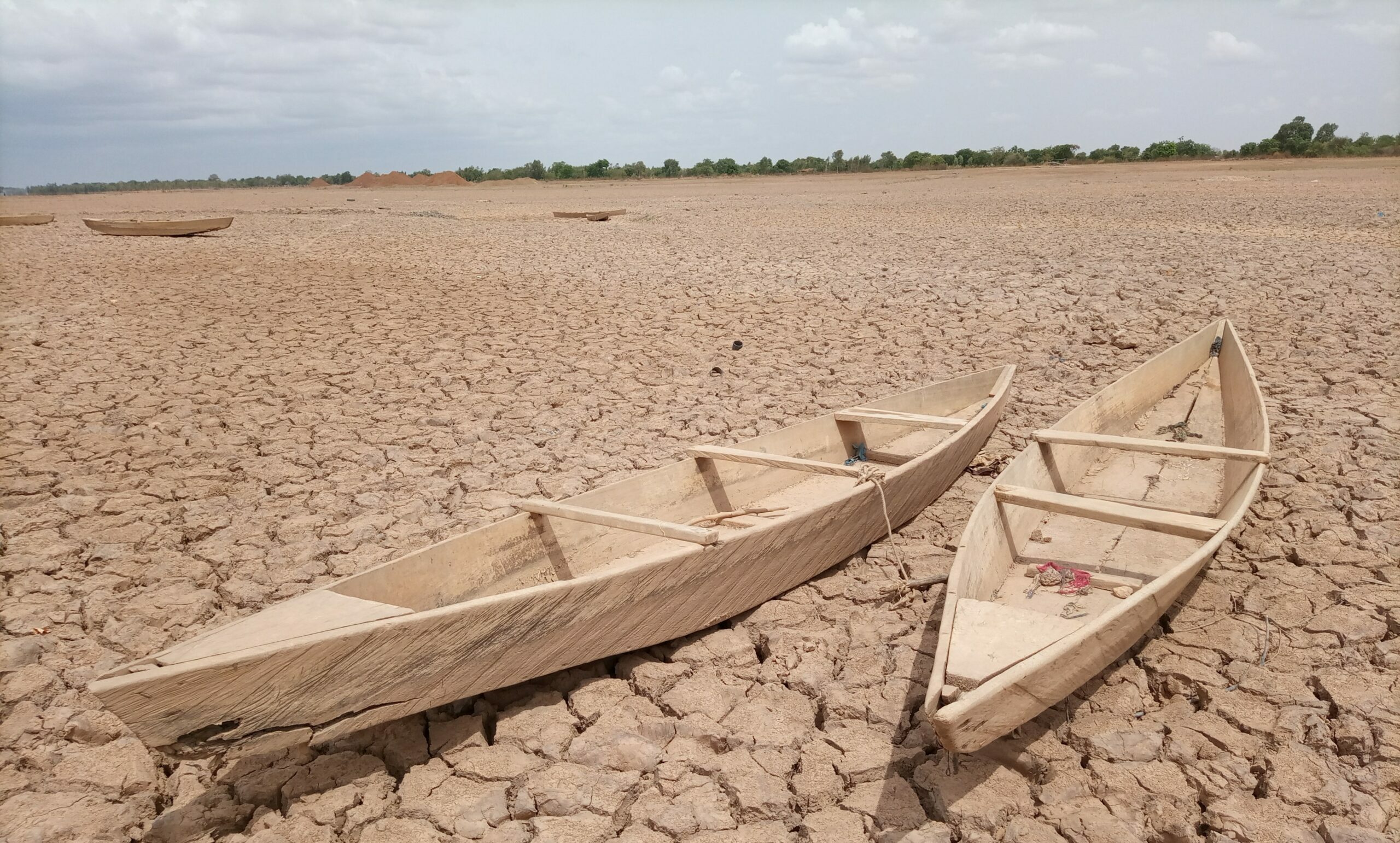
How Denmark has become the solution to Belgium’s sperm donor drought
Belgium has a sperm donor shortage because it has abolished donor anonymity. This is leading women to use Danish sperm banks. According to recent media reports, some 60% of donor children born in Belgium have a Danish biological father.
Artificial insemination is an established industry in Belgium. There are about 8 or 9,000 procedures annually, leading to the birth of between 600 and 900 babies.
Historian Tine Claes has just published a book on the history of sperm donation in Belgium, Zaad zonder naam (Seed Without a Name). She was interviewed recently by De Standaard. Below are some excerpts from that conversation (translated by Google).
About anonymity
Silence was part of the emotional culture. Sexuality was still private and it was less bad not raising your child in full honesty. Children were not yet considered equals. It was less bad to keep things from them than it was today. Values such as transparency, openness and equality belong to our generation, not from then. Besides, there were several reasons to remain silent. Women have told me they’ve been silent all their lives to protect their husbands. Adoptive mothers also took the “blame” for the couple’s childlessness. This is how they concealed male infertility, which was a huge taboo. Such conversations touched me enormously, and also gave me a new understanding of the secrecy surrounding donorship.’
About doctors who destroyed their records to prevent children from finding their fathers
“They’re not ashamed of that, they’re just happy about it. After all, they had promised the donors anonymity. I asked [one doctor] how he felt when he destroyed his archive. He said it was painful to part with an important part of his career. I found that remarkable. I had expected a philosophical reflection earlier, with more understanding for the donor children who are searching.’
Remarks by Ole Schou, the founder of the Danish sperm bank Cryos
[Schou] no longer gives interviews, but he agreed to receive me at his home in Switzerland because I am a historian. Donor anonymity in France had just been abolished. Ole called that ‘good for business’. Not many men want to become known donors, and his sperm bank can make the most of them. This raises new ethical questions, because it brings us to donors who father up to a hundred children in dozens of countries. What does it do to a person if you yourself turn out to be the mass product of such a process? What if you end up with a donor father who lives far away and speaks another language?’
‘I was happy with the interview, but he wasn’t too happy about it. He didn’t want me to mention prices – they are on their website anyway. You quickly pay 1,000 Euros for one straw. Not everyone can afford that. Yet a majority of Belgian fertility clinics use Cryos and similar companies.’
